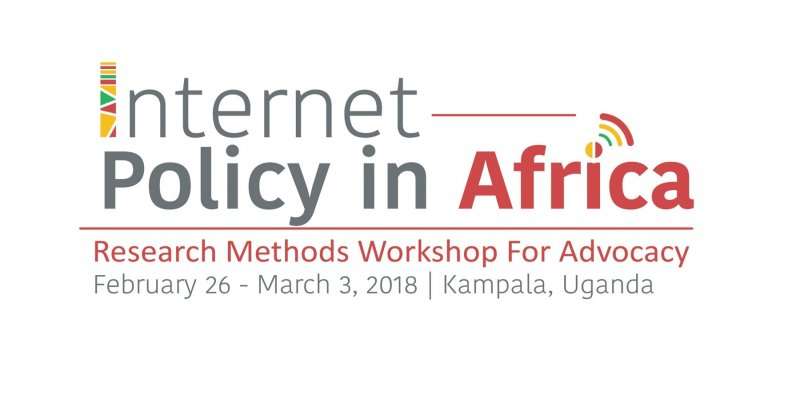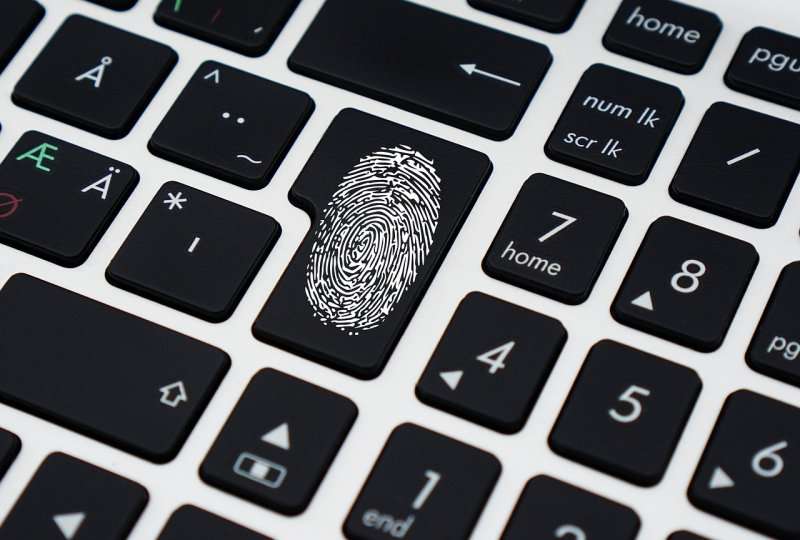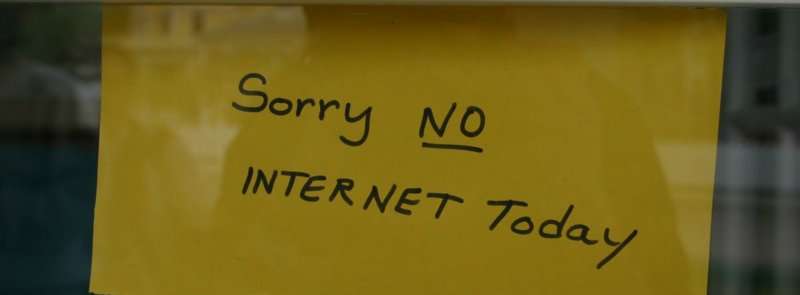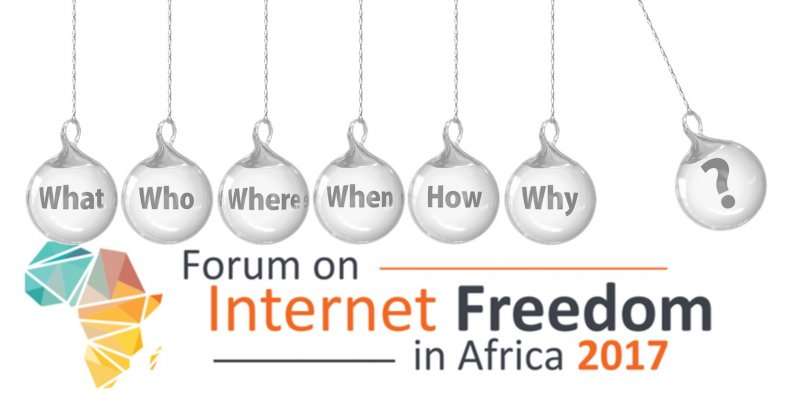By Juliet Nanfuka |
The conversation and actions on internet related policy in Africa have grown in recent years as has the appreciation of its impact on internet users. However, research to support advocacy for improved internet policy development on the continent remains relatively low despite a growing internet penetration and its resultant impact on the continent’s social, economic and political scenes. This has led to the need to train, connect, and build collaboration between researchers, policy makers and internet freedom advocates across the region.
Accordingly, between February 26 and March 3, 2018, an intensive African regional training on Internet policy research methods will be held in Kampala, Uganda. Hosted by the Annenberg School for Communication’s Internet Policy Observatory and the Collaboration on International ICT Policy for East (CIPESA), along with several partners from across Africa, the six-day program is aimed at building collaborative possibilities across sectors, expanding research capacity within the practitioner and digital rights advocacy communities, as well as providing the skills to strategically use research and data to advance advocacy efforts. Ultimately, it aims to improve working synergies between emerging African networks of civil society organisations, academic centres, technologists and think tanks.
We look forward to a week long exchange of insights & ideas at the #InternetPolicyAfrica workshop next week. Follow the hashtag from Feb 26 – Mar 3 to gain some tips on how to advance #Internetfreedom #Access #OpenData #FreedomOfExpression #InternetMeasurement & more in Africa! pic.twitter.com/FgQwZUg2jq
— CIPESA (@cipesaug) February 23, 2018
The workshop is designed as an intensive practicum, covering both quantitative and qualitative methods as well as offering case studies which illustrate how to strategically use research for advocacy and policymaking. It will also entail theoretical and practical sessions on a range of topics including legal analysis, survey methods, social network analysis, strategic communication, data visualisation, and network measurement.
Past workshops in the Middle East, Asia, and Latin America were successful in equipping a diverse group of participants with the skills needed to understand how to frame research questions, understand various qualitative and quantitative research methods, and collaborate across disciplinary and professional silos.
Following a public call for applications which was launched at the Forum on Internet Freedom Africa 2017, over 400 applications were received from across Africa. A total of 40 applicants – representing 17 countries – with diverse skills and professions including journalists, lawyers, researchers, technologists, academics and government representatives were successful. The represented countries include Burundi, the Democratic Republic of Congo, Gambia, Ghana, Ethiopia, Kenya, Liberia, Malawi, Namibia, Nigeria, Tanzania, Rwanda, South Africa, South Sudan, Uganda, Zambia, and Zimbabwe.
Among the participants is South Africa based Yolanda Mlonzi, co-founder of the Southern African Emerging Leaders in Internet Governance (SAELIG), who notes that, “We find ourselves in an exciting yet critical time, where we have the opportunity to set our own standards and shape internet policy for the better. The workshop presents a great opportunity for learning, to stretch my current positions on internet policy in Africa and most importantly, to start thinking of ways to contribute to quality research that seeks to advance the notion of understanding internet policy through the human and digital rights framework.”
Gambian Demba Kandeh, a journalism and digital media lecturer at the University of The Gambia, echoed Mlonzi’s sentiments on research-driven policy development, noting: “Making impact with research is key but often difficult … there is an opportunity for relevant stakeholders across the continent to seize the opportunity to advance well-researched policy options for the region.” Meanwhile, Namibian researcher and journalist, Frederico Links, pointed out the current gaps affecting strong policy formulation stating that, ”the African internet-related policy space is woefully underdeveloped and weak, and reflects both a severely limited state sector understanding of internet and technology related matters, as well as significant cross-sectoral capacity constraints.”
The workshop will include faculty from the Annenberg School for Communication – University of Pennsylvania, Alliance for Affordable Internet – World Wide Web Foundation, CIPESA, DefendDefenders, Department of Media Studies at University of Virginia, Human Rights Network for Journalists (Uganda), Internet Policy Observatory, Kenya ICT Action Network (KICTANet), Lynchburg College (USA), Makerere University College of Computing and Information Sciences (Uganda), Medic Mobile, Media Legal Defence Initiative (MLDI), Open Observatory of Network Interference, Open Technology Fund, Paradigm Initiative, Pollicy, Research ICT Africa, Social Media Exchange (SMEX), Small Media and Unwanted Witness.
Follow the #InternetPolicyAfrica hashtag for updates on the workshop. Remember to follow the organiser Twitter accounts too – @InternetPolicyO and @cipesaug
You can also share your vision for the future of internet use in Africa using the #InternetFreedomAfrica hashtag





